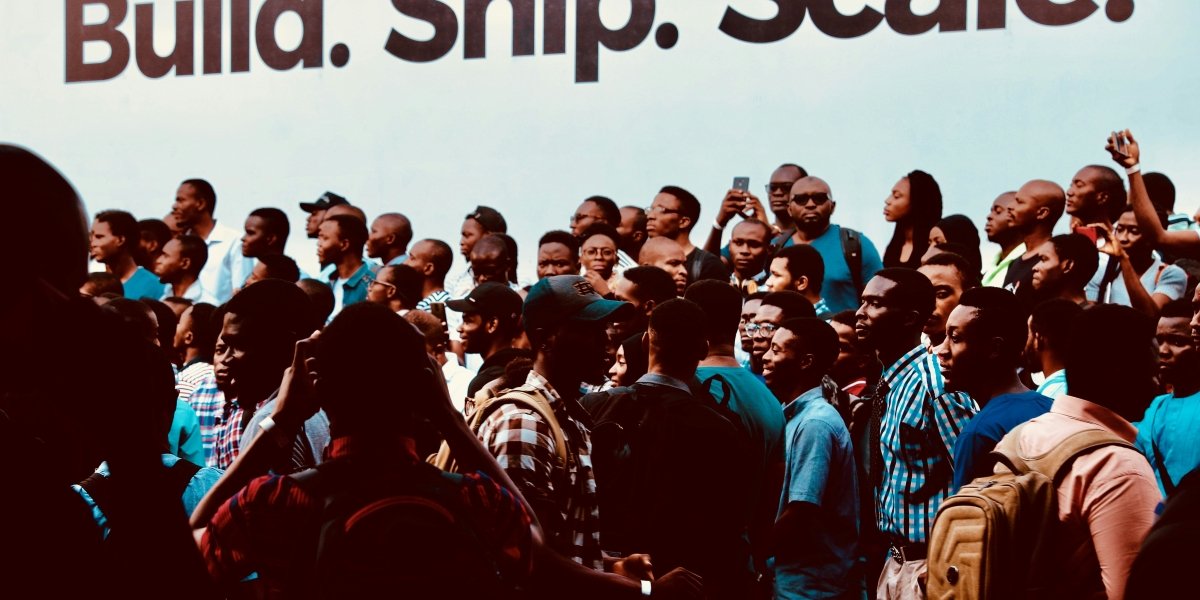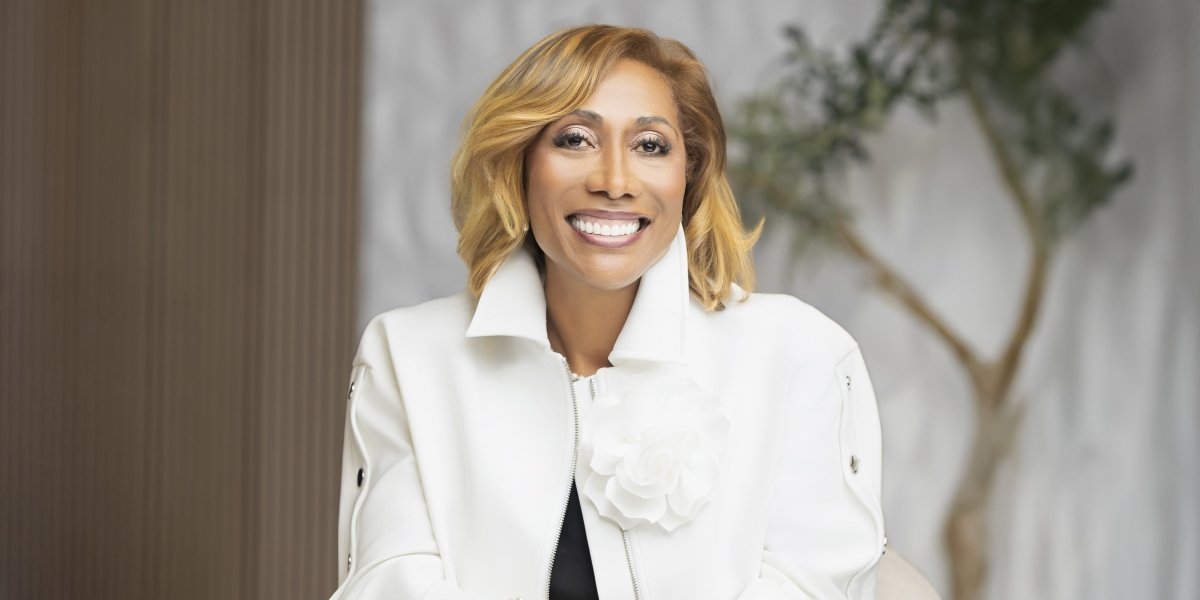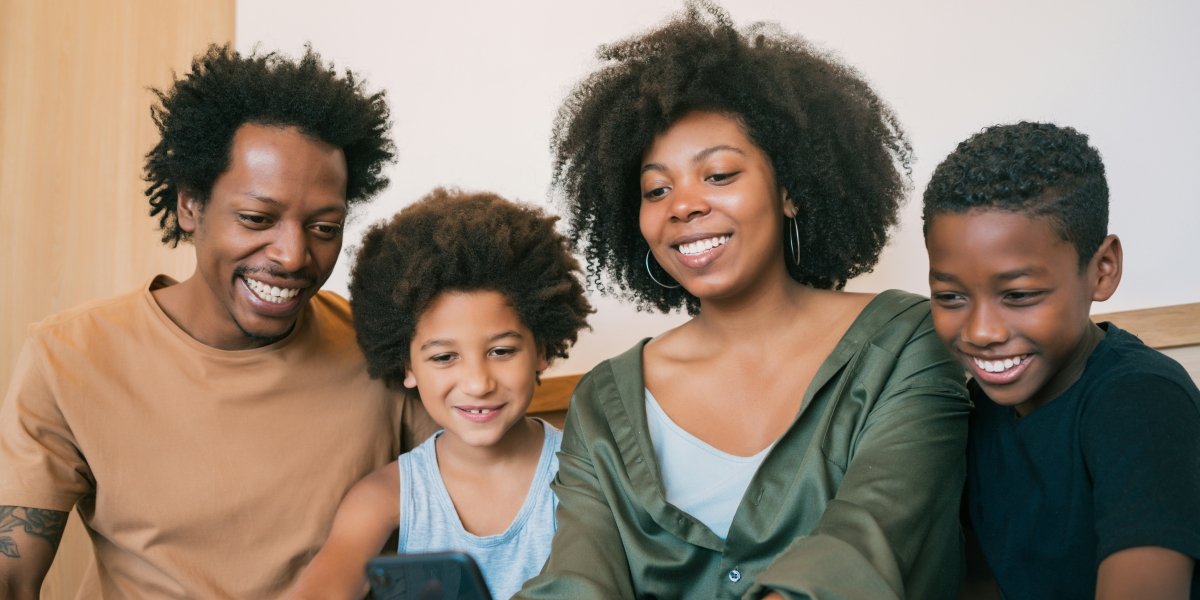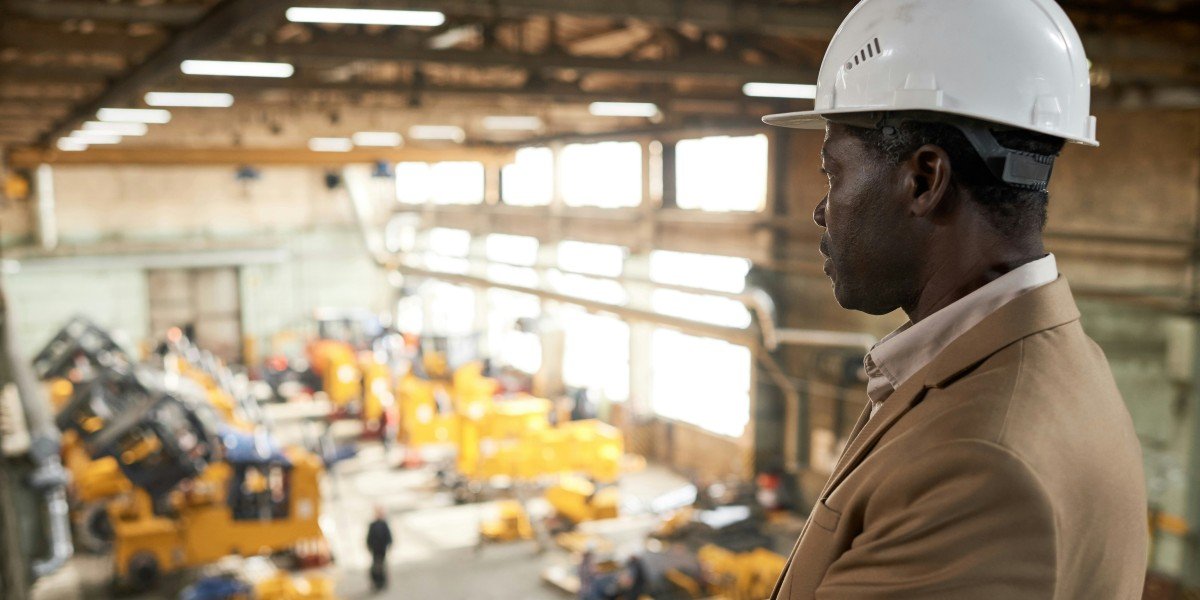The Contrast Between Stage Persona and Private Demeanor
Rappers are often celebrated for their commanding presence on stage. Their lyrics, delivery, and energy create an image of confidence and intensity. Yet fans sometimes notice a stark difference when these same artists appear in interviews, public events, or casual settings. Offstage, they may seem quiet, reserved, or even distant.
This contrast is not unusual. Many performers adopt a stage persona that amplifies certain traits for artistic effect. The disconnect between fiery performances and subdued real‑life behavior often reflects the pressures of fame and the need for personal boundaries. The stage persona is a crafted identity, while the private self may be more cautious or introverted.
Understanding this difference helps explain why rappers can appear larger than life in one setting and withdrawn in another. It is less about inconsistency and more about the demands of balancing public performance with personal identity.
Security Concerns and the Need for Distance
One reason rappers may seem distant is the heightened security risks they face. Lyrics often address sensitive topics, and public visibility can attract unwanted attention. For some artists, maintaining a guarded demeanor is a way to protect themselves and those around them.
Rappers frequently deal with threats, harassment, or conflicts that extend beyond music. This reality makes security a constant concern. By appearing reserved in public, artists reduce the chances of drawing unnecessary attention or escalating tensions.
Fans may interpret this guardedness as coldness, but it often reflects a practical response to the risks of fame. The distance is less about disinterest in people and more about ensuring safety in unpredictable environments.
The Demands of Fame and Constant Performance
The life of a rapper involves relentless schedules, from touring and recording to media appearances. This constant demand for energy can leave little room for relaxation. When not performing, many artists conserve their energy by withdrawing from the spotlight.
As AllKPop highlights in its coverage of performers, the duality between stage presence and private behavior is common across music genres. Artists who appear fierce and commanding on stage may be soft‑spoken or introspective in private. This shift is not a contradiction but a way of balancing the extremes of public life.
For rappers, the intensity of their performances often requires recovery time. Appearing distant offstage can be a form of self‑preservation, allowing them to recharge before returning to the demands of their careers.
The Role of Persona in Hip‑Hop Culture
Hip‑hop has always placed importance on persona. Artists craft identities that reflect strength, resilience, or defiance. These personas are part of the storytelling tradition of rap, allowing performers to embody characters that resonate with audiences.
The distinction between persona and person can create misunderstandings. Fans may expect rappers to embody their onstage energy at all times, but the reality is more complex. The persona is a performance tool, while the individual behind it may have different traits and preferences.
This duality is not unique to rap. Actors, athletes, and other public figures also adopt roles that differ from their private selves. In hip‑hop, the contrast is especially visible because of the intensity of the music and the expectations surrounding it.
Media Perception and Public Expectations
Media coverage often amplifies the perception of rappers as aloof or unapproachable. Interviews, paparazzi photos, and social media posts can capture moments when artists are tired, distracted, or simply not performing. These snapshots may not reflect their full personalities but can shape public opinion.
The expectation that rappers should always be charismatic or outspoken adds pressure. When they appear quiet or reserved, it can be misinterpreted as coldness. In reality, these moments often reflect normal human behavior—rest, reflection, or the desire for privacy.
By recognizing the role of media framing, audiences can better understand the gap between perception and reality. The image of distance may be less about the artist’s true character and more about how moments are captured and shared.
Mental Health and Emotional Boundaries
Another factor influencing rappers’ offstage demeanor is mental health. The pressures of fame, combined with personal challenges, can lead artists to set strict emotional boundaries. Appearing distant may be a way to manage stress and protect mental well‑being.
Discussions about mental health in hip‑hop have become more open in recent years. Artists have spoken about anxiety, depression, and the toll of constant public scrutiny. By maintaining distance, they create space to cope with these challenges without exposing themselves to further strain.
This perspective reframes aloofness as a form of self‑care rather than rejection. For many rappers, protecting their mental health is essential to sustaining their careers and personal lives.
How Fans Can Interpret the Distance
For fans, it can be confusing when a favorite rapper seems less approachable offstage. However, understanding the reasons behind this behavior can ease disappointment. Distance does not necessarily mean disinterest in fans. It often reflects the realities of fame, security, and personal well‑being.
Recognizing the difference between persona and person helps set realistic expectations. The energy displayed in music and performance is part of the art, while the quieter demeanor offstage reflects the individual behind the artistry.
By appreciating both sides, fans can support artists without expecting them to perform constantly. This understanding creates healthier relationships between performers and audiences.
Outlook for Rappers Balancing Persona and Privacy
As conversations about mental health, security, and authenticity continue, rappers may find new ways to balance their public and private selves. Some may choose to share more openly about their offstage lives, while others may maintain strong boundaries. Both approaches reflect valid strategies for managing the pressures of fame.
The contrast between fiery performances and reserved public appearances is likely to remain part of hip‑hop culture. Rather than seeing it as inconsistency, it can be understood as a reflection of the complexity of human identity.
For audiences, this perspective offers reassurance. The distance observed offstage is not a rejection but a reminder that behind every performance is a person navigating the demands of both art and life.








